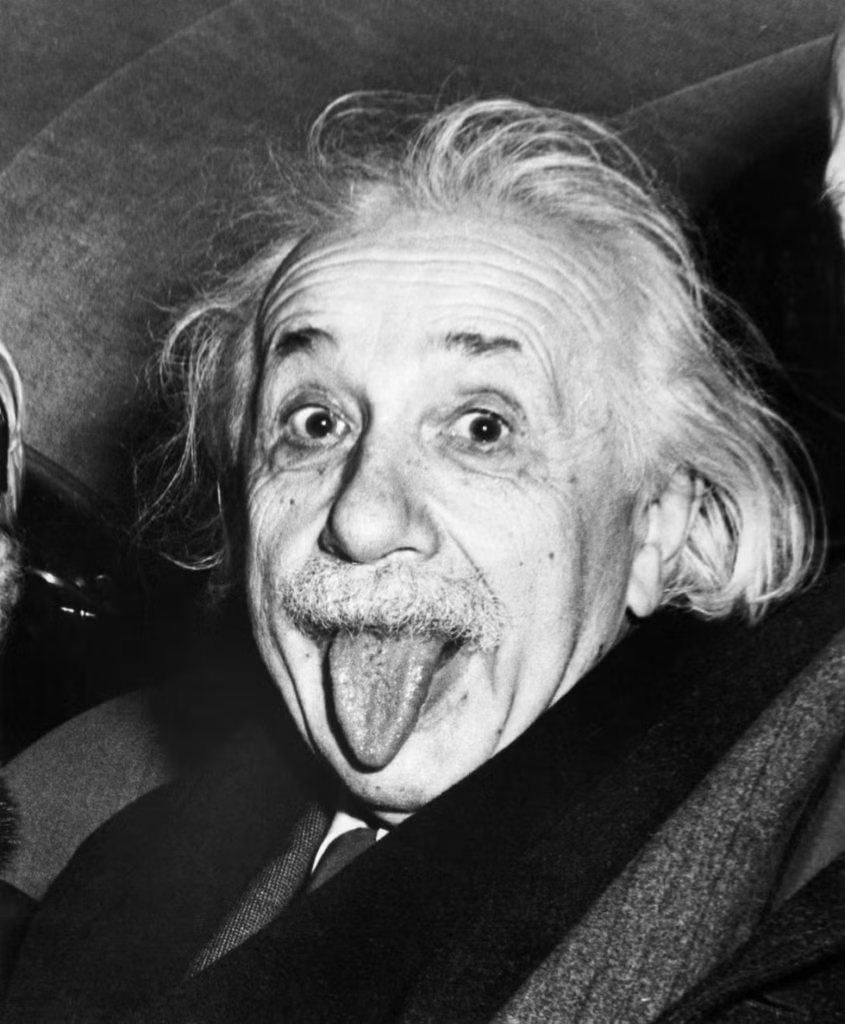
Albert Einstein was born on March 14, 1879, in Ulm, Germany, and is recognized as one of the greatest minds to have ever lived. His theory of relativity and work on quantum physics dramatically changed our concepts of time and space and revolutionized our views of the universe. He also laid the groundwork for modern physics and greatly impacted many other areas of science and intellectual thought.
| Full Name : | Albert Einstein |
| Born : | March 14, 1879, in Ulm, Germany |
| Died : | April 18, 1955, in Princeton, New Jersey, USA |
| Nationality : | German (born), Swiss (later), American (later in life) |
| Famous For : | Theory of Relativity, E = mc², contributions to quantum mechanics |
| Nobel Prize : | 1921, for the Photoelectric Effect |
| Education : | Swiss Federal Polytechnic (ETH Zurich), graduated 1900 |
Early Life and Education
Albert Einstein was born into a Jewish family, and he had a keen interest in the world from an early age. Though he was perceived as a shy and sluggish student initially, Einstein’s passion for physics and mathematics grew over his adolescence. After his family moved to Munich, Einstein went to school there and found the strict educational system difficult to navigate. But he was a math and scientific whiz.
Enrolling at the Swiss Federal Polytechnic institute, later ETH Zurich in 1896, Einstein obtained a teaching certificate in mathematics and physics. For his academic excellence, it took Einstein quite some time to secure employment as a teacher. He eventually got employed at the Swiss Patent Office in Bern, Switzerland, where he began coming up with the most groundbreaking concepts in physics.
Net Worth
Estimated Net Worth at Time of Death (1955): Approximately $1 million to $2 million (equivalent to $12 million to $20 million today)
The Annus Mirabilis
The most important work from Einstein began in 1905, which people refer to as his “Annus Mirabilis” or “miracle year“. Each one of the four pieces he presented to the journal Annalen der Physik the same year transformed science. But the most familiar among them remains his Special Theory of Relativity, which joined energy and mass by introducing for the first time the revolutionary equation E = mc². It is particularly at speeds near the speed of light that this idea fundamentally altered our conception of motion, time, and space.
In addition to the theory of relativity, Einstein won the Nobel Prize in Physics in 1921 for his work with the photoelectric effect, an important discovery proving light to act like a wave as well as a particle; thus, benefiting much from it is the formation of quantum mechanics.
The General Theory of Relativity
In 1915, Einstein extended special relativity theory to include gravity in his General Theory of Relativity, based upon work he had already done. According to the theory proposed by Einstein, large objects such as the sun warp both space and time, causing what we perceive as the effects of gravity, contrary to the earlier Newtonian view of gravity as a force between massed objects. Einstein became a world scientific hero following the confirmation, by a solar eclipse in 1919, of his best-known general relativity prediction: light bends around large objects.
Later Years and Emigration to the United States
Einstein, who was Jewish, left Germany in 1933 and immigrated to the United States as Nazi authority grew in the early 1930s. He took a job at Princeton, New Jersey’s Institute for Advanced Study, where he would work for the rest of his career. Einstein rose to prominence in American society and used his notoriety to advocate for causes like world peace, civil rights, and nuclear weapons.
Although he was an early pacifist, Einstein supported the development of the atomic bomb during World War II and urged President Franklin D. Roosevelt to start the U.S. atomic bomb project because of the threat posed by Nazi Germany. After the war, however, he became a fierce advocate for peace and nuclear disarmament.
Famous Einstein Quotes
- “Imagination is more important than knowledge”.
- “Life is like riding a bicycle. To keep your balance, you must keep moving”.
- “The important thing is not to stop questioning. Curiosity has its reason for existing”.

